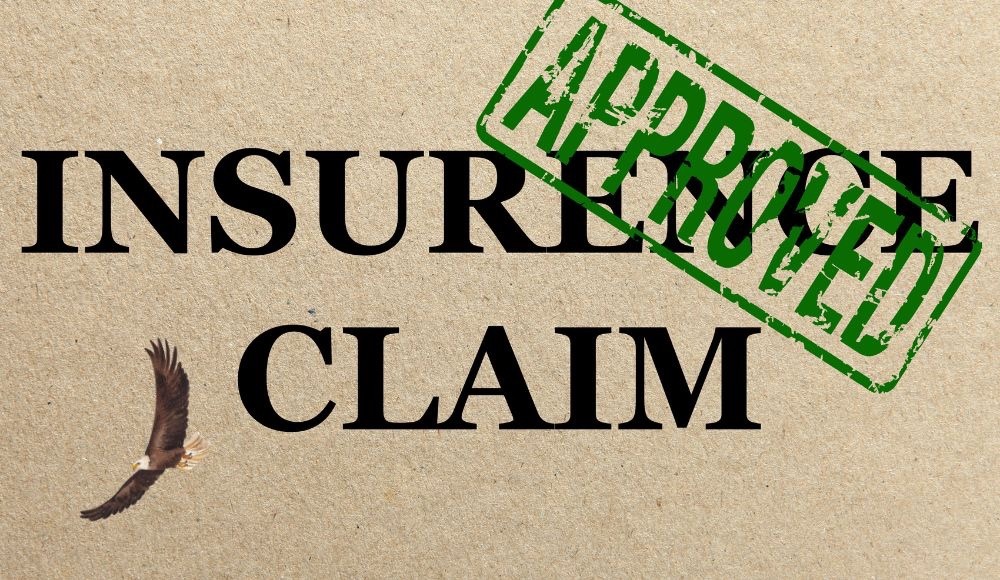
Many companies have taken on the critical and complex responsibility of managing their workers' compensation claims. They soon discover that navigating regulations, ensuring accurate documentation, and handling claims efficiently is an overwhelming administrative burden.
As a result, a growing number of employers are outsourcing workers' compensation management to specialized third-party providers. Outsourcing can help companies improve compliance, reduce internal workload, and streamline the claims process—while still maintaining control over key decisions. However, like any strategic move, it comes with both advantages and drawbacks.
Pros and Cons
Outsourcing workers' compensation management offers several notable benefits. One of the most significant advantages is access to specialized expertise. Providers stay up to date on changing regulations, industry best practices, and claims management strategies, helping employers minimize errors and avoid penalties.
Outsourcing can also help internal HR teams by taking some of the work off their plates, allowing them to focus on their core business duties. Many carriers also have comprehensive reporting and analytics capabilities that help businesses identify patterns in claims and find ways to save money.
Outsourcing has benefits, but it can also be challenging. Some companies are worried that if a provider has many clients, they won't be able to keep track of the claims process or will take longer to reply. If the employer, provider, and injured worker don't know their respective duties and responsibilities, they might not be able to communicate with one another. Also, outsourcing costs money, and the amount you pay may differ based on the type of service you choose. Businesses need to carefully consider these elements to evaluate if outsourcing is a good fit for their goals and needs.
Choosing a Service Provider
Choosing the right partner is very important when outsourcing workers' comp insurance management. When selecting a provider, employers should consider the provider's experience in their field, as each field has its own rules and risks. It's also important to look at the provider's technology, including their claim-tracking systems, reporting tools, and data security measures.
Strong communication should be a top priority. The provider should be open, responsive, and able to work well with internal teams. Also, businesses should ask for references, look at case studies, and compare service-level agreements to see how each provider rates their work.
A good provider will give you a clear plan for implementing the service, ongoing support, and ways to measure how well it works. In the end, the goal is to find a partner who makes things run more smoothly without lowering quality or compliance.
Cost-Effectiveness
Outsourcing does require some money up front, but the savings can be significant when handled correctly. Third-party management can save a considerable amount of money in the long run by:
- Reducing administrative work
- Improving claim accuracy
- Eliminating or lowering penalties for noncompliance
Many providers also use data analytics to identify injury patterns and suggest ways to prevent them. This feature helps businesses reduce the number and severity of claims.
Outsourcing can be a wise investment in both productivity and risk management for businesses that don't have many internal resources or face many claims. The financial benefits can exceed the operational costs.
We Will Help You Stay Compliant with Workers’ Compensation Requirements
Looking for an experienced and reliable workers’ compensation insurance agency? Contact American Insuring Group online, or call (800) 947-1270 or (610) 775-3848. Our independent agents will find you the perfect policy at an excellent price.
Contact us today to get started!







 The act of
The act of 







